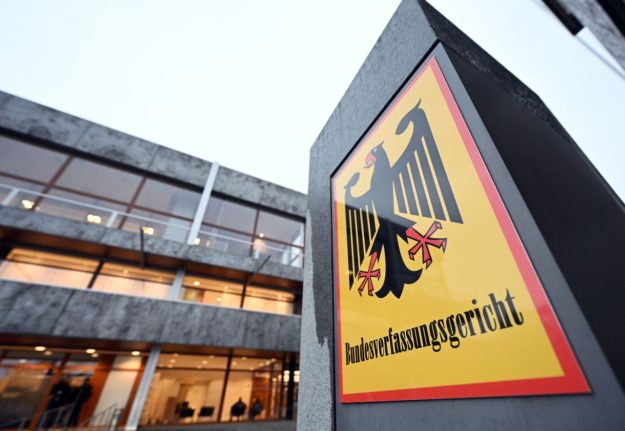“We know that the problem of children in debt is growing in Sweden, but we don’t know how big the problem really is because there are no statistics,” Data Inspection Board head Göran Gräslund said in a statement.
Statistics on debt in Sweden kept by the Enforcement Authority (Kronofogden) may only be the tip of the iceberg, as many Swedes who owe money, including children, are registered instead with various collections agencies.
Debt collection companies have a duty to keep data about their cases private and can only release information to the Data Inspection Board, which has supervisory authority over the debt collection industry.
If initial inquiries by the Data Inspection Board are any guide, there may indeed be tens of thousands of Swedish children in debt.
Officials reported that one collection agency it contacted reported having 16,000 children on its registry.
Moreover, collection agencies can simply monitor children’s debts for years until they turn 18 and are old enough to be called upon to pay their debts.
Data Inspection Board head Gräslund fears that Swedish children may not realize the long term consequences of seemingly innocent choices during their teenage years.
“Children must have a chance to start their adult lives debt free. Entry into the adult world with bad credit, asset seizures, and other economic problems increases the risk of ending up in long term economic distress, not to mention the consequent societal marginalization,” he said.


 Please whitelist us to continue reading.
Please whitelist us to continue reading.